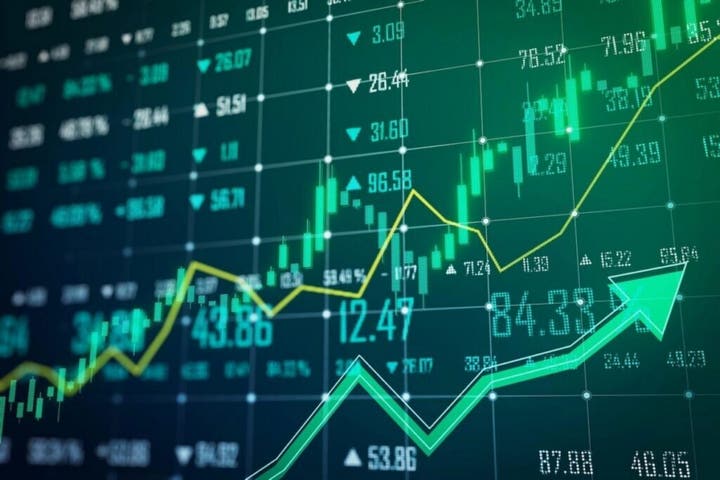
A Reddit user recently opened up about a common fear many new investors face: buying into the stock market when prices are peaking. “I feel weird about starting investing when companies are in an all-time high,” wrote the poster, who said they’re ready to invest a lump sum this month but are second-guessing the timing.
Worrying About The Peak
The person, who isn’t currently invested outside of a 401(k), said they believe in the long-term potential of AI and tech companies. They’re not expecting massive short-term gains, but they do hope that “the current top companies with a combined market cap of 10T might be worth 2-3x more 20 years from now.”
Don't Miss:
- Warren Buffett once said, "If you don't find a way to make money while you sleep, you will work until you die." Here’s how you can earn passive income with just $10.
- $100k+ in investable assets? Match with a fiduciary advisor for free to learn how you can maximize your retirement and save on taxes – no cost, no obligation.
Their hesitation comes at a time when the markets continue to break records. On July 10, the Dow Jones Industrial Average climbed roughly 0.4% in a continuation of recent gains across major indexes. The S&P 500 inched up 0.3% to finish at a new record high of 6,280.46, while the Nasdaq Composite advanced 0.1% to mark its second consecutive all-time high. AI chipmaker Nvidia (NASDAQ:NVDA) closed slightly higher, ending the day just above a $4 trillion market cap, making it the first public company in history to surpass that milestone.
The post triggered many responses from Reddit’s r/stocks community, most urging the user to stop overthinking and just start investing.
“If you bought at the all time highs for each year, you wouldn’t be far from those who perfectly timed the bottoms,” one investor said, referencing data that shows time in the market typically beats trying to time the market.
Another pointed out that the market is almost always at a high. “Zoom out, the market is usually near or at ATH,” they wrote.
Trending: The secret weapon in billionaire investor portfolios that you almost certainly don't own yet. See which asset class has outpaced the S&P 500 (1995-2024) – and with near-zero correlation.
Lump Sum Vs. Dollar-Cost Averaging
Plenty of commenters acknowledged the fear of losing money right after a big buy. While many recognized that lump sum investing performs better most of the time, others recommended a slower approach known as dollar-cost averaging.
“DCA isn't to get the most gains, it's to remove the possibility of buying a large sum and having it crash right after,” one person wrote. “It's like buying insurance.”
Others were more straightforward. “There's always a reason not to buy,” one person said. “When you lose out on thousands years from now, not getting in, you'll regret it.”
See Also: If You're Age 35, 50, or 60: Here’s How Much You Should Have Saved Vs. Invested By Now
One Redditor shared their own anxiety-ridden journey as a new investor who inherited money from a parent: “Sometimes I feel like the more informed I am, the worse my returns have become.”
There was also plenty of humor in the thread. “Just know that as soon as you buy, the market will crash. That’s the law of this subreddit,” joked one top comment.
Despite the jokes and differing strategies, most commenters echoed the same long-term philosophy: invest early, stay consistent, and don't let fear paralyze you. As one put it, “You can buy at all time highs today or at all time highs five years from now. Your choice.”
Read Next: Over the last five years, the price of gold has increased by approximately 83% — Investors like Bill O’Reilly and Rudy Giuliani are using this platform to create customized gold IRAs to help shield their savings from inflation and economic turbulence.
Image: Shutterstock







